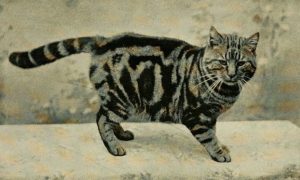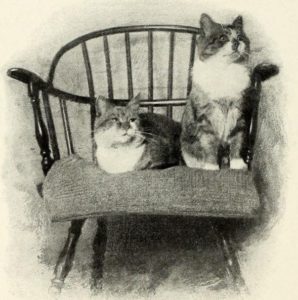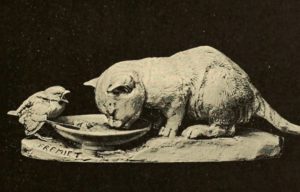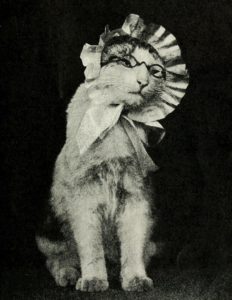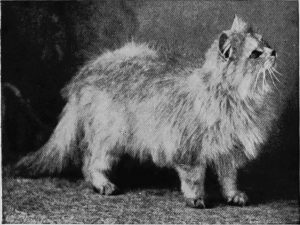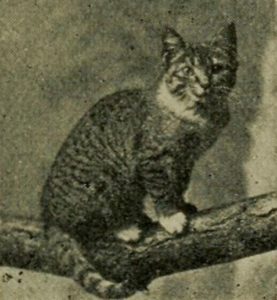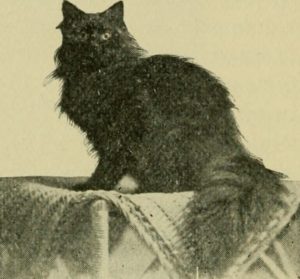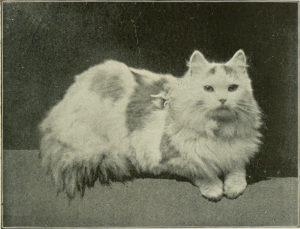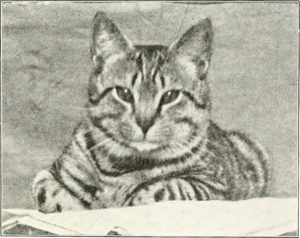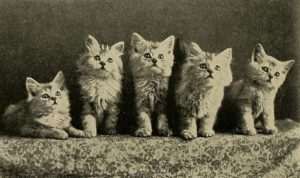
93rd chat, Tuesday November 14 2017: Radical Reference
6pm Pacific / 7pm Mountain / 8pm Central / 9pm Eastern
moderated by @mauraweb @Audrey_Sage_ @NicoleG_Haus
Storify (pdf, html) by @violetbfox
Radical Reference is a collective of library workers and information workers who believe in and work towards social justice and equity (http://radicalreference.info/
Suggested resources:
- Morrone, Melissa and Lia Friedman. 2009. Radical Reference: Socially responsible librarianship collaborating with community. The Reference Librarian 50, no. 4: 371-396.
- Friedman, Lia G. 2014. Radical Reference, Who Cares? In Informed Agitation: Library and Information Skills in Social Justice Movements and Beyond, edited by Melissa Morrone. Library Juice Press.
- Radical Reference presentations
Discussion questions:
- Q1. Have you heard of or been involved with RadRef in the past? Where/when? What draws you to this work?
- Q2. What are other activist library groups? Can you share some examples of activist library groups’ activities?
- Q3. How can library/information workers contribute to and work with other activist groups?
- Q4. How can we keep up the momentum and sustainability in our activist library work?
- Q5. What would you like to see RadRef do or be? How can we make it happen?
